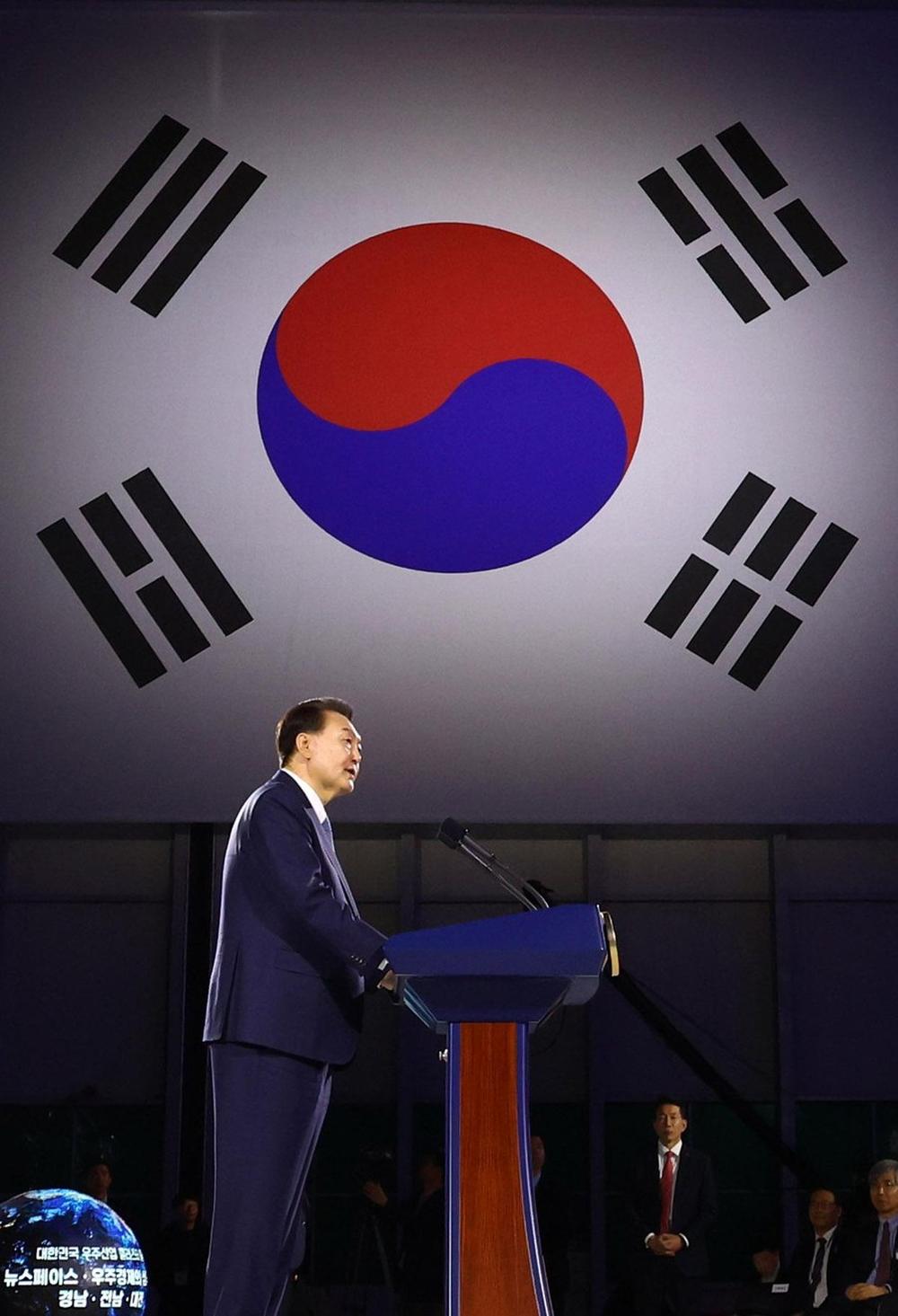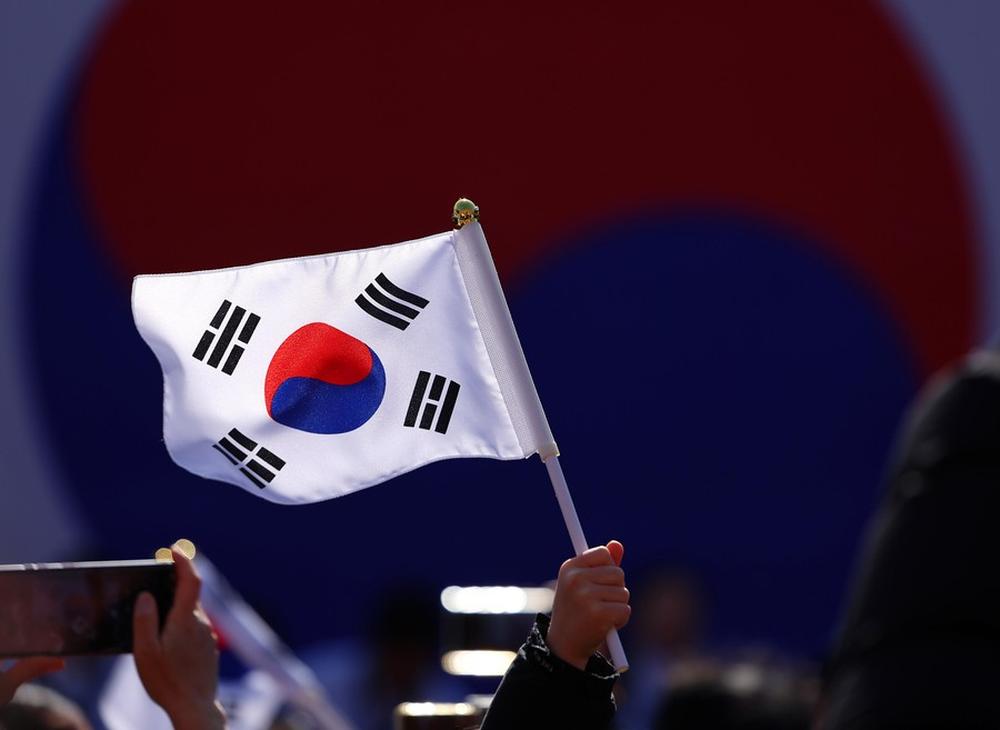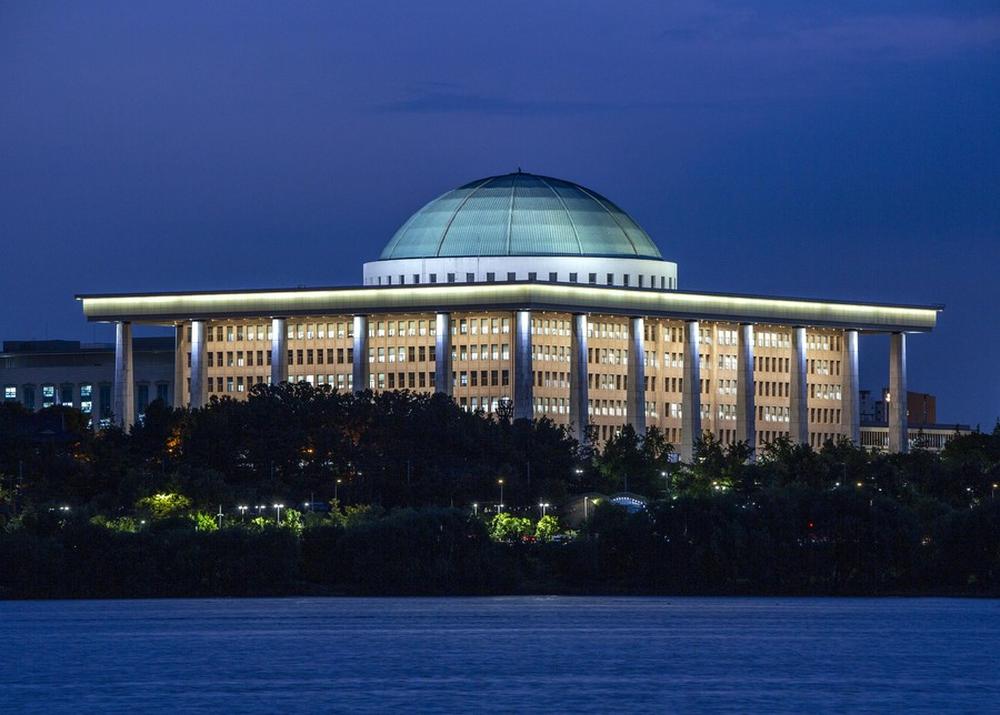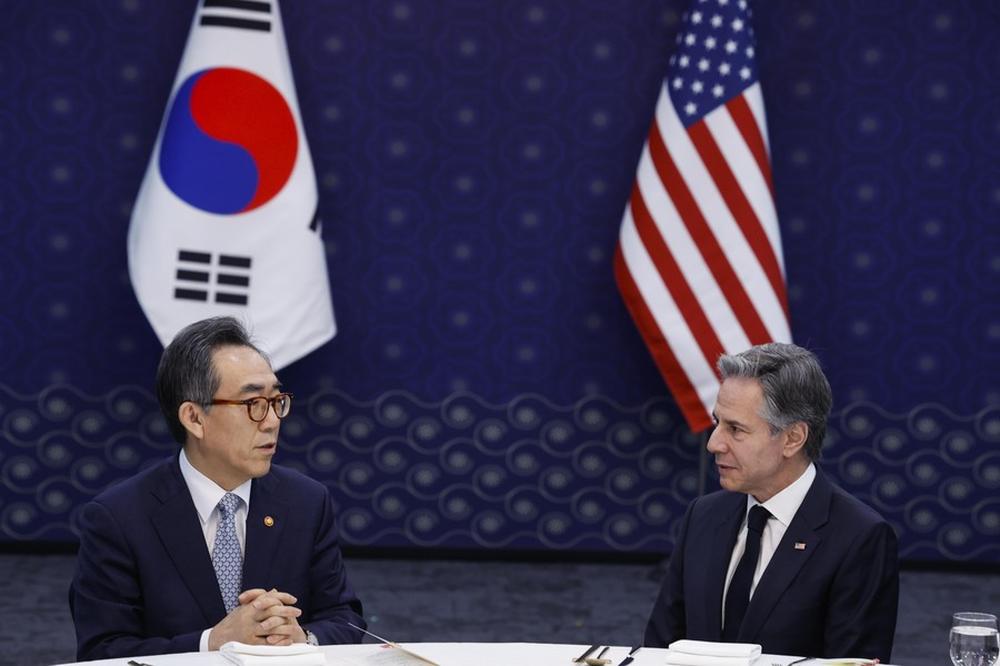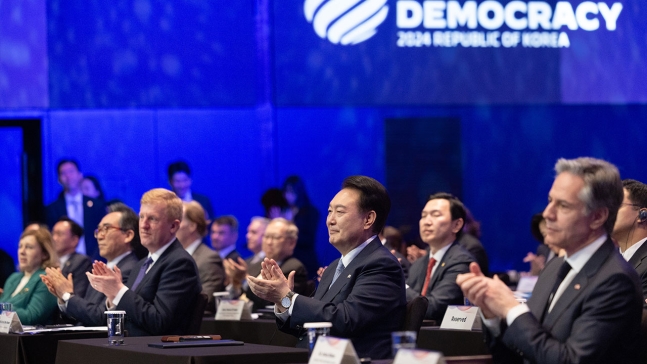- #Global Issues
- #Japan
- #South Korea
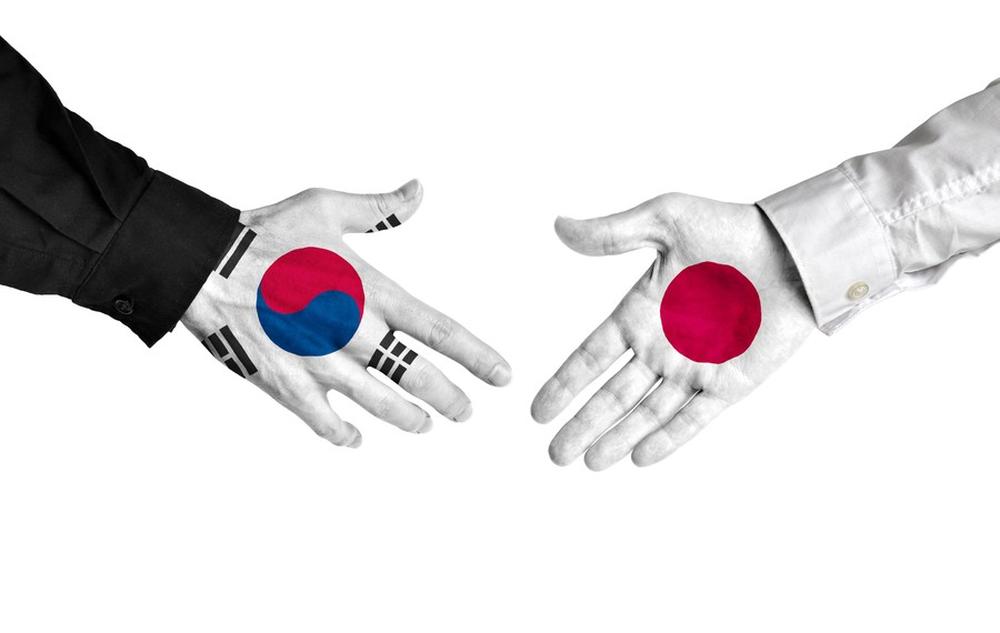
► President Yoon Suk Yeol of the Republic of Korea seems to be facing challenges in managing domestic political divisions, yet he has undertaken several decisive actions, in collaboration with other democratic nations including Japan, to bolster and safeguard a global order rooted in liberal values.
► President Yoon Suk Yeol committed himself strongly to collaborating with the EU and NATO following the Russian invasion of Ukraine in February 2022.
► It was President Yoon Suk Yeol’s brave moves to mend troubled relations with Japan that encouraged the United States to revitalize trilateral security cooperation not just regionally but also globally.
Introduction
For every democratic system, managing domestic politics is of primary importance for the leaders in power. At the same time, leaders must uphold relevant foreign policies within the increasingly interdependent and complex global system, striving to advance global interests while navigating divergent preferences among their constituents. President Yoon Suk Yeol of the Republic of Korea seems to be facing challenges in managing domestic political divisions, yet he has undertaken several decisive actions, in collaboration with other democratic nations including Japan, to bolster and safeguard a global order rooted in liberal values. Here, I will outline three important international initiatives spearheaded by President Yoon Suk Yeol, and contextualize his policy toward Japan within this broad international framework.
Safeguarding Liberal International Order
Firstly, the Yoon Suk Yeol administration hosted the 2024 Summit for Democracy, which took place both in person and virtually on March 18, 2024. The idea of the Summit for Democracy was initially put forth by then-Presidential Candidate Joe Biden, who wrote in Foreign Affairs in the spring of 2020: "During my first year in office, the United States will organize and host a global Summit for Democracy to renew the spirit and shared purpose of the nations of the free world." While revitalizing American democracy, Biden proposed three priority areas for the proposed Summit for Democracy: fighting corruption, defending against authoritarianism, and advancing human rights.[1]
The inaugural Summit for Democracy took place on December 9-10, 2021, as a virtual international conference hosted by U.S. President Biden, attended by representatives from about 110 countries. The second Summit was jointly hosted by the United States, Costa Rica, the Netherlands, South Korea, and Zambia on March 29-30, 2023. South Korea volunteered to host the third Summit for Democracy on March 18, 2024. This event attracted approximately 300 delegates comprising government officials, representatives from international organizations, academia, and civil society, participating both virtually and in-person.
Undoubtedly, the promotion of democracy is a just objective for democratic nations. In reality, however, it presents a considerable challenge, particularly given the sobering fact that 22 out of the 41 countries consistently ranked “free” have registered net declines in freedom over the recent years (Freedom House). This sets up what can be termed a “democracy dilemma.” If democratic nations exert pressure on non-democratic regimes, often found in what is commonly referred to as the Global South, to democratize, there is a risk that these regimes might turn their backs on a collective effort to fight authoritarianism. On the other hand, if democratic nations opt for compromise in their relations with non-democratic regimes, it could undermine the global effort to promote democracy.
Possibly, a potential solution within this dilemma could emerge through the involvement of civil societies transcending national borders. While not a swift fix, there are no easy solutions to the profound challenges in managing the global order. South Korea, having undergone a bottom-up democratization process and renowned for its vibrant civil society, naturally emerges as a leading candidate to pave the way forward.
Secondly, President Yoon Suk Yeol committed himself strongly to collaborating with the EU and NATO following the Russian invasion of Ukraine in February 2022. Indeed, He became the first South Korean President to participate in the NATO Summit held in Madrid on July 29, 2022. Alongside the leaders of Japan, Australia and New Zealand, he attended the NATO Partner Session, where these four countries were referred to as the Asia-Pacific Partners or “AP4” by NATO. During the Summit, the four leaders reaffirmed the inseparability of security between the Asia-Pacific region and Europe. With the evolving geopolitical landscape presenting challenges on both fronts, the "AP4" now serves as a significant platform for advancing cooperation between Japan and Korea in global and regional contexts.
Subsequently, South Korea opened a diplomatic mission to NATO in November 2022, and President Yoon Suk Yeol attended the NATO Summit again on July 11, 2023. During his trip, the President signed a new partnership program with NATO, aimed at strengthening cooperation in areas such as cyber defense, counter-terrorism, arms control, and new technologies.
.
Thirdly, President Yoon Suk Yeol responded positively to the US President Joe Biden’s initiative to further solidify relations with Japan within the frame of trilateral security cooperation. Indeed, it was President Yoon Suk Yeol’s brave moves to mend troubled relations with Japan that encouraged the United States to revitalize trilateral security cooperation not just regionally but also globally.
At the Trilateral Leaders’ Summit held at Camp David on August 18, 2023, the three leaders declared that they “affirm a shared vision for our partnership as well as for the Indo-Pacific and beyond. Our partnership is based on a bedrock of shared values, mutual respect, and a unified commitment to advance the prosperity of our three countries, the region, and the globe.”[2]
Relationship with Japan
President Yoon Suk Yeol’s positive image of Japan stems from his own experiences during his childhood and college days. He first came to Japan at the age of 5 or 6 in 1966, visiting his father who spent a year at Hitotsubashi University in the city of Kunitachi, Tokyo. His father returned to Hitotsubashi University as a visiting professor in 1982, when President Yoon, then a law student at Seoul National University, visited Japan a few times, providing him with direct exposure to various facets of Japanese life and culture.[3]
As important as these personal experiences may be, what truly underpins his forward-looking approach toward Japan is his global outlook rooted in liberal values, as exemplified by the three cases mentioned above. In his global perspective, Japan emerges as a natural partner for South Korea, with their historical relationship now reframed through the lens of liberal and democratic solidarity.
President Yoon Suk Yeol’s vision was recently illuminated in his speech on March 1, 2024, marking the 105th anniversary of the March 1st Independence Movement. Affirming South Korea’s pivotal role for global freedom and prosperity, he characterized South Korea’s relationship with Japan as follows: “Sharing the values of freedom, human rights and the rule of law, our two countries have become partners in the pursuit of common interests for global peace and prosperity.”[4]
To not a small number of observers, not only in South Korea but somewhere else as well, the idea of “Japan as a normal country” might imply Japan re-entering the realm of great power politics, with “normalized” defense and security policies backed by military capabilities. Japan, however, still uphold the pacifist principles of the war-renouncing Article 9 of the postwar constitution and maintains a robust security alliance with the United States, which continue to constrain Japan’s strategic autonomy in the true sense of the word. Indeed, these constraints drive the Japanese government's efforts to pursue closer partnerships with liberal democracies in the world including South Korea.
[1] Joseph R. Biden, Jr., “Why America Must Lead Again: Rescuing U.S. Foreign Policy After Trump,” Foreign Affairs (March/April 2020).
[2] “Camp David Principles,” (August 18, 2023), https://www.whitehouse.gov/briefing-room/statements-releases/2023/08/18/camp-david-principles/
[3] “Exclusive Interview with President Yoon Suk Yeol,” Yomiuri Online (March 15, 2023), https://www.yomiuri.co.jp/world/20230314-OYT1T50303/
[4] "Address by President Yoon Suk Yeol on the 105th March First Independence Movement Day," (March 1, 2024), https://eng.president.go.kr/speeches/x9M5tP3s
Yoshihide SOEYA is Professor Emeritus of Keio University, from which he retired in March 2020 after serving as professor of political science at the Faculty of Law for 32 years. He received Ph.D. from the University of Michigan in 1987, majoring in world politics. Previously, Dr. Soeya served the “Korea-Japan Joint Research Project for the New Ear” (MOFA), the “Council on Security and Defense Capabilities in the New Era” (Prime Minister’s Office), the “Advisory Group on Ministerial Evaluations” (MOFA), the “Central Council on Defense Facilities” (Agency/Ministry of Defense), and the "Prime Minister's Commission on Japan's Goals in the 21 st Century" (Prime Minister’s Office). His areas of interest are politics and security in East Asia, and Japanese diplomacy and its external relations. His recent publications in English include "Middle Power Cooperation 2.0 in the Indo-Pacific Era," in Chien-Wen Kou, et al., eds., The Strategic Options of Middle Powers in the Asia-Pacific (London: Routledge, 2022), "Japan's Diplomacy toward China under the Abe Shinzo Administration," in James Brown, et al., eds., The Abe Legacy (MD: Lexington Books, 2021); and “The Rise of China in Asia: Japan at the Nexus,” in Asle Toje, ed., Will China’s Rise be Peaceful? (Oxford: Oxford University Press, 2018).
